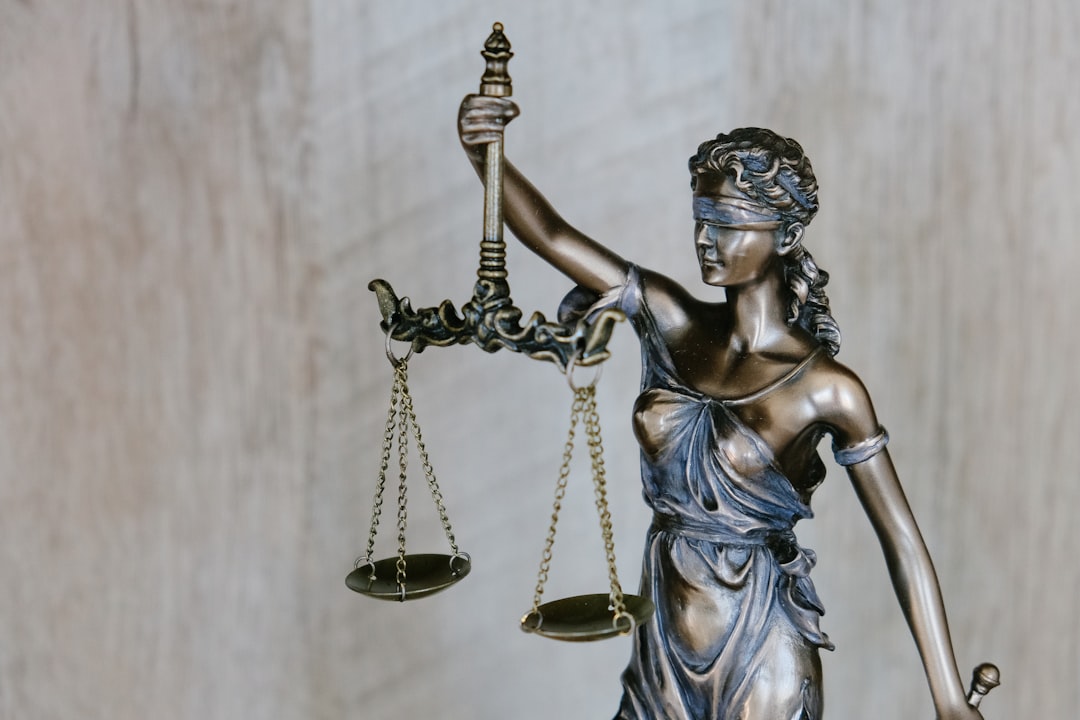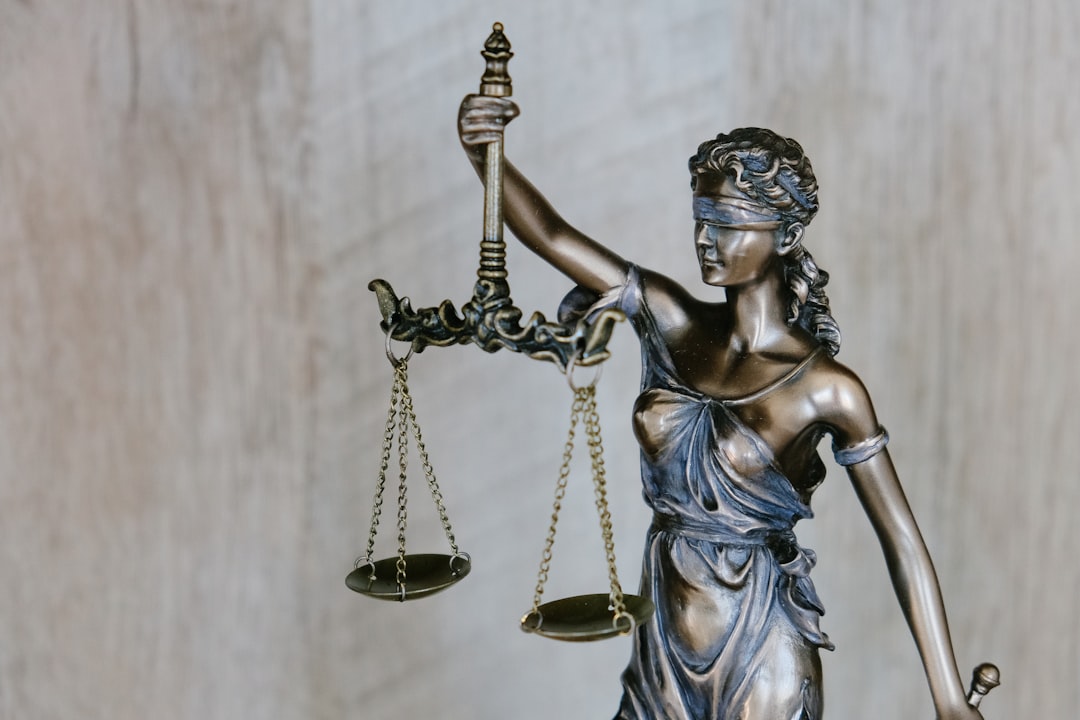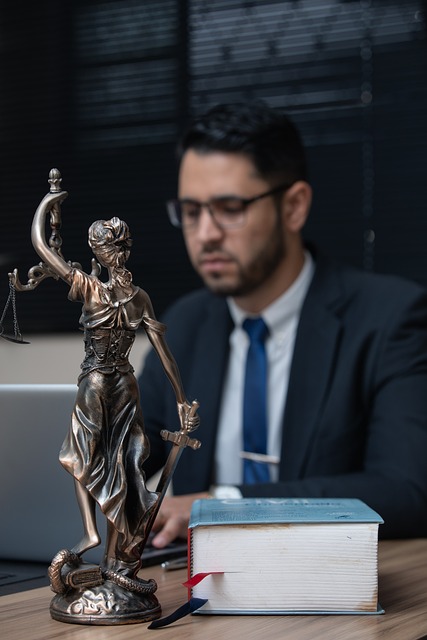In Indiana, navigating sensitive rape allegations requires legal expertise and emotional acumen. A skilled rape lawyer plays a crucial role in protecting the rights of their clients while guiding them through complex legal processes. This article delves into strategies for handling these cases, exploring Indiana’s laws on sexual assault, the importance of evidence, and providing support to clients during this challenging time. For those seeking advocacy in Indiana, understanding these aspects is vital.
Navigating Sensitive Rape Allegations: Legal Strategies

Navigating sensitive rape allegations requires a meticulous and compassionate approach, which is where an experienced rape lawyer in Indiana plays a pivotal role. These legal professionals are adept at handling such complex cases, ensuring every detail is meticulously examined under the law. They employ strategic tactics to protect the rights of their clients while guiding them through the intricate process.
An Indiana rape lawyer will first assess the evidence, including medical records, witness statements, and any available forensic data. Building a robust defense or supporting case involves meticulous preparation, often involving expert witnesses and legal arguments that challenge the prosecution’s narrative. The goal is to achieve a just outcome, whether through a settlement or a trial, while prioritizing the well-being and privacy of their client throughout the process.
Understanding Indiana's Laws on Sexual Assault Cases

In Indiana, sexual assault cases are governed by stringent laws designed to protect victims and ensure justice. If you’re considering hiring a rape lawyer in Indiana, understanding these legal frameworks is crucial. The state has strict statutes of limitation for reporting and prosecuting rape, which vary based on the type of assault. For instance, felony rape must be reported within 5 years of the incident, while lesser offenses may have shorter timeframes.
Additionally, Indiana laws recognize various forms of sexual assault, including forcible rape, sexual battery, and indecent conduct with a minor. A qualified rape lawyer in Indiana will navigate these complexities, ensuring your rights are protected throughout the legal process. They’ll guide you on evidence collection, interactions with law enforcement, and potential outcomes, aiming to achieve the best possible result for your unique situation.
The Role of Evidence in Proving Rape Accusations

When it comes to proving rape allegations, a skilled Indiana rape lawyer knows that evidence is paramount. In such sensitive cases, where emotions run high and accusations can carry significant consequences, the burden of proof rests firmly on the prosecution. A rapes lawyer in Indiana will carefully collect and preserve physical evidence, including DNA samples, medical records, and forensic reports, to build a robust case. Testimony from witnesses and victims is also crucial, requiring a deep understanding of how to elicit detailed and credible accounts.
In addition to direct evidence, an Indiana rape attorney may employ circumstantial evidence to strengthen their client’s defense. This can include alibi witnesses, contradicting timelines, or expert testimony that challenges the validity of the alleged victim’s claims. The role of a rape lawyer is not just to present evidence but also to interpret it effectively, navigating the complexities of the law and ensuring that every piece of relevant information is considered in the best interest of their client.
Supporting Clients Through Emotional Legal Processes

Navigating sensitive legal processes related to sexual assault can be an extremely challenging experience for clients, and it’s where a dedicated rape lawyer in Indiana plays a pivotal role. These cases often involve profound emotional trauma, making the support and guidance of an empathetic legal professional crucial.
A skilled Indiana rape lawyer doesn’t just handle the legal aspects; they also focus on providing a safe space for clients to express their experiences. Through careful listening and strategic planning, these attorneys ensure that their clients’ stories are told accurately, while also protecting their privacy and well-being. Such support is vital in helping individuals heal as they pursue justice.






